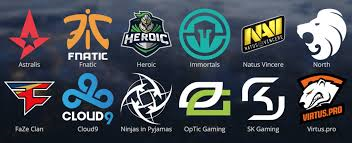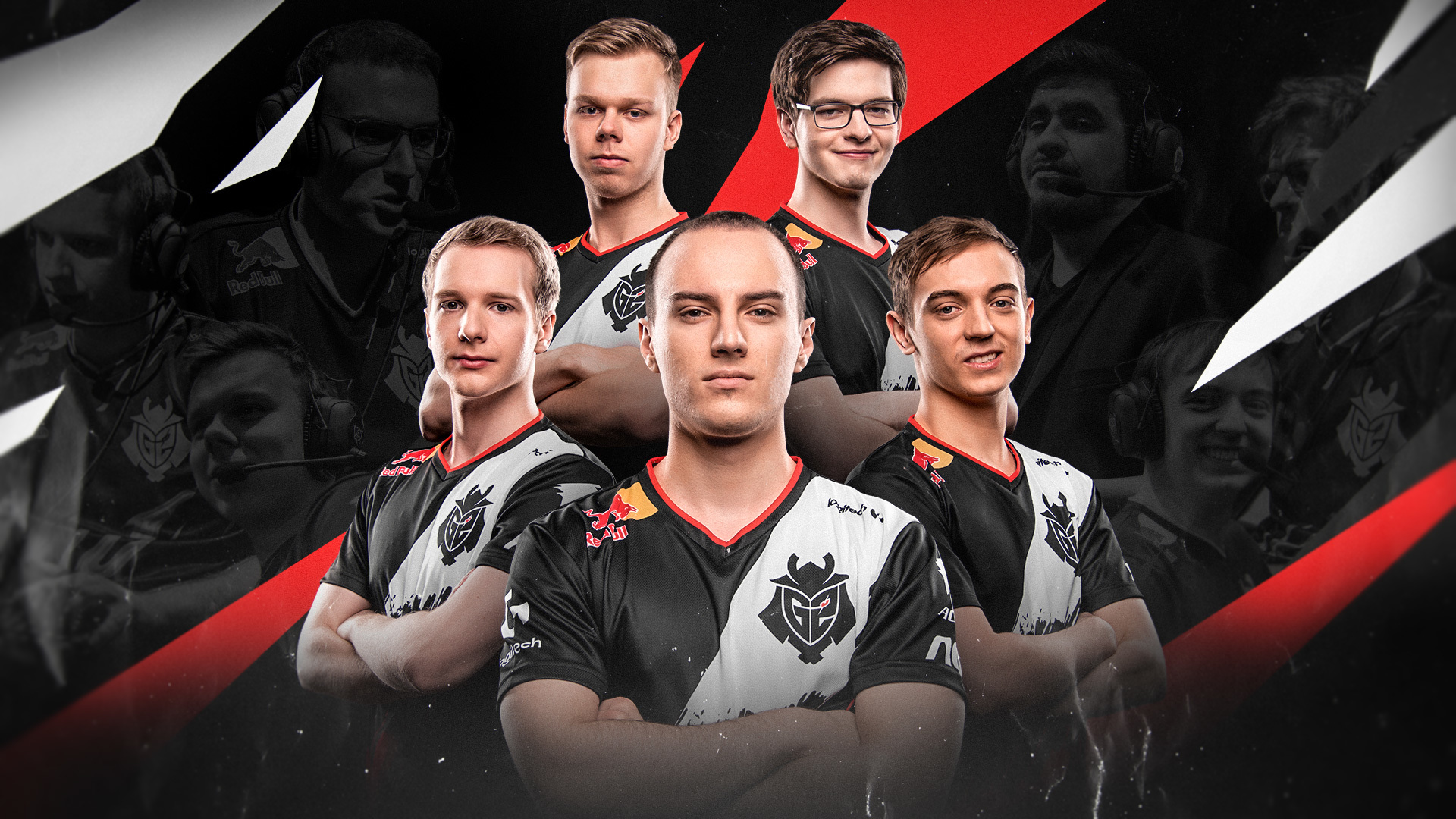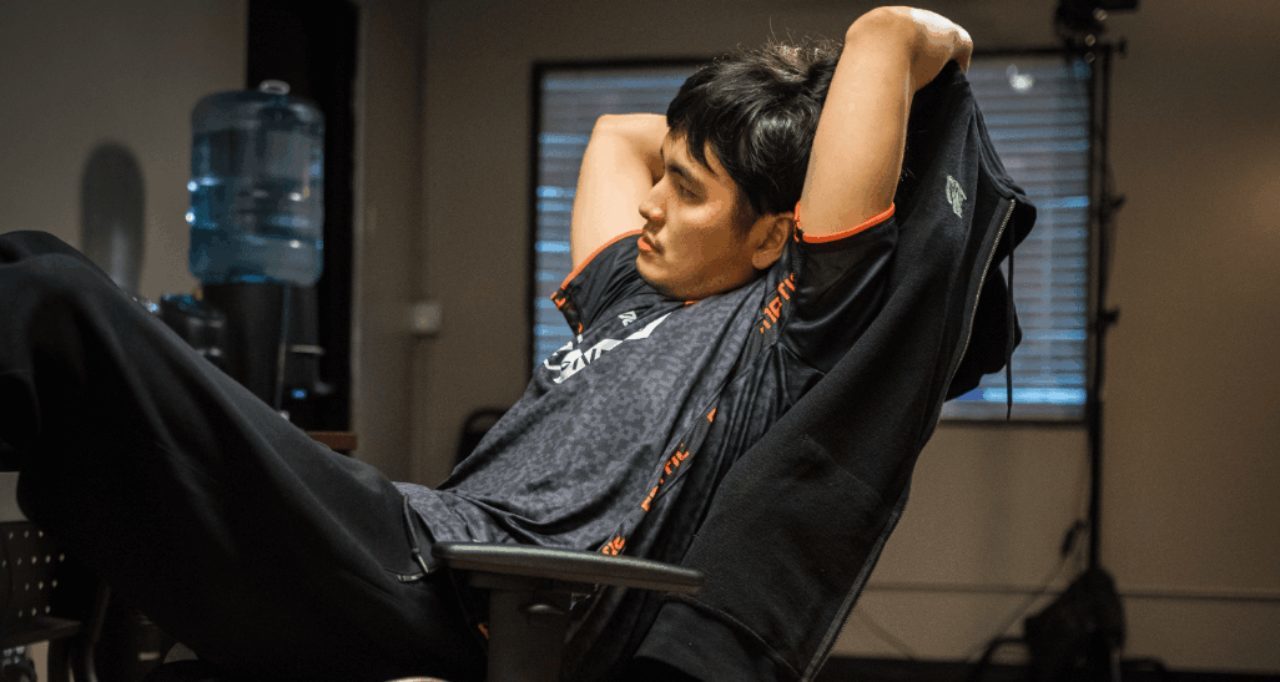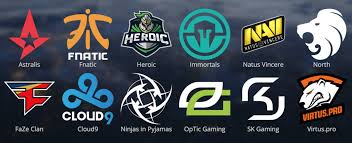
The еsports industry is made up of many different components - the games, tournaments, billions in investments... and the players! Without professional players, the esports industry could not survive, yet they are often overlooked or trivialized.
Critics say that professional еsports players have it too easy and don't have to work for their money. Passionate players, on the other hand, often envy the pros and wish they could follow in their footsteps. The reality of pro players' careers is a little more complicated.
A strict (training) regime
One of the most common assumptions about professional players is that they have an easy job. That's not true. In fact, the training regime to which successful players must submit is strict.
The best of the best spend up to 14 hours a day training. League of Legends pro Lucao "Santorini" Larsen is one of them - and one of the oldest. Santorini is in his mid-20s, which, similar to traditional athletes, can be considered old. Most successful pro players live out their careers between the ages of 17 and 25 - at which point they are usually replaced by younger talents.

This is because younger players often have faster reflexes, which is one of the most important talents players can bring to the table. The constant and demanding training also has its influence - and rarely in a positive sense.
Health - Physical and Mental
Santorini says he sees his friends once or twice a year, for a few hours at most. Many other players even live with their team-mates and coaches, away from family and friends - often at a very young age.
This also has its influence on mental and physical health, as well as the stress of the many competitions and the associated travel, interviews and so on. The stress is enormous and unfortunately the well-being of the players is not always the main focus. Although in recent months and years more and more teams have hired wellness experts, such as fitness trainers or nutrition planners, this is not always enough.
Stress - the pressure to perform
If the effects of stress and brutal working hours are ignored for too long - this can lead to all kinds of problems. Panic attacks, depression and more are unfortunately part of everyday life for many players along with problems that they developed during their Esports career.

That's not really surprising - larger tournaments are often about winning millions. The pressure to perform, both from outside and within a team, is enormous. If you can't keep up, it's easy to get replaced - there are plenty of other players who would like to become professionals. In fact, even developers like Riot Games and Activision-Blizzard have had to insist on protecting players because the organizations themselves have not done so. Blizzard changed the format of Overwatch League to reduce the number of games per season (and the stress) for players. Riot Games has banned teams from all tournaments that, for example, have withheld pay from professional players.
The life after
Professional esports players do not have it easy - but what happens when the career is over? Most of them are still young, mostly in their mid/late 20's. The top players don't need to worry much - with millions in winnings, a further career is rather optional.
Not everyone is so lucky or happy with it though. Even among professional players, wealth is no guarantee - the possibilities after they have hung up their joystick are quite good, though.
Many switch to streaming and continue to use their skills to earn money - others turn into coaches or casters. This doesn't work for everyone especially those who have left training and other careers to become full-time sports professionals. The latter often have a hard time. Most of them stay within the esports industry - at least many of them try.
More about esports careers can be found in our detailed biographies of Forg1vin and dev1ce.


































